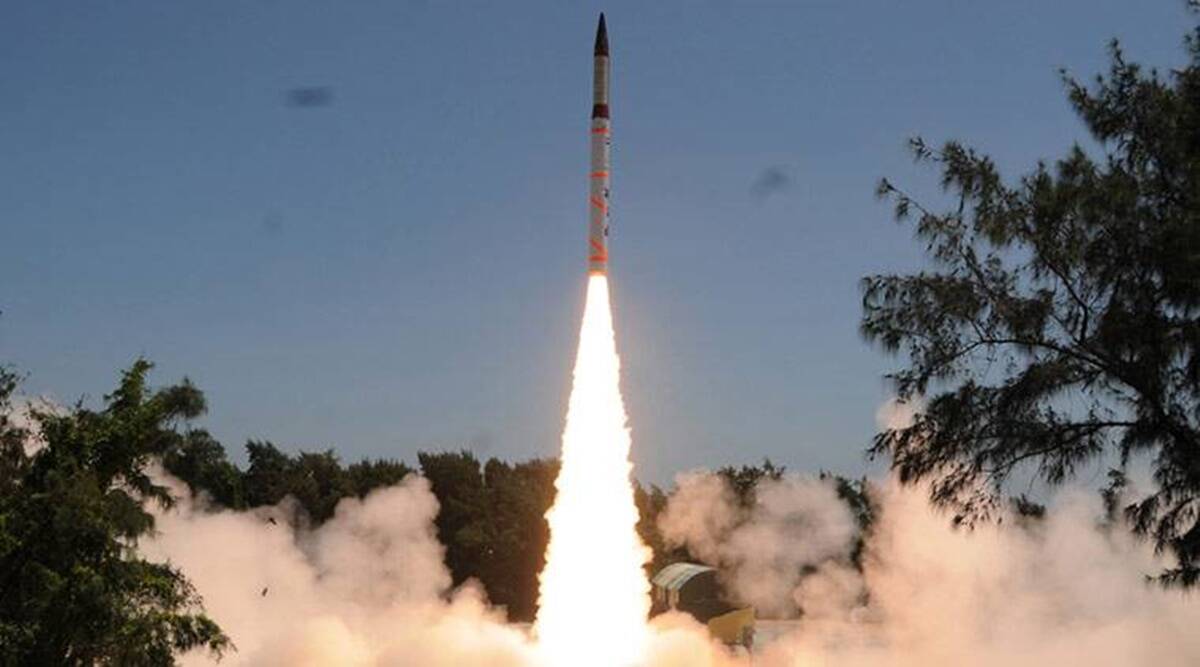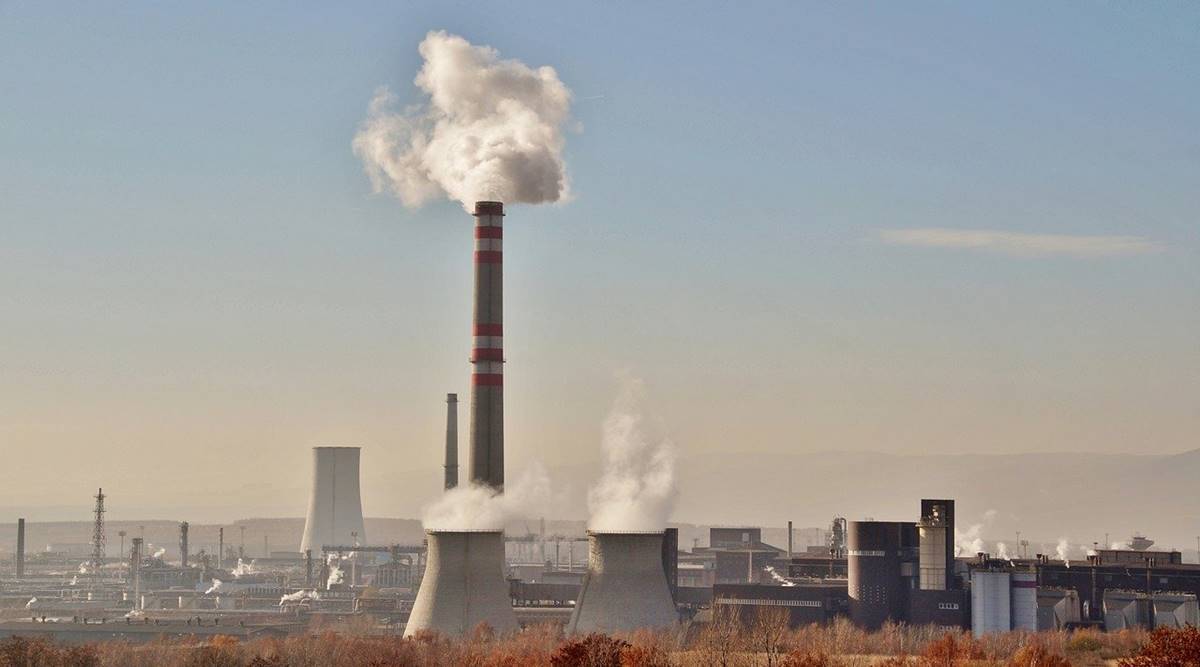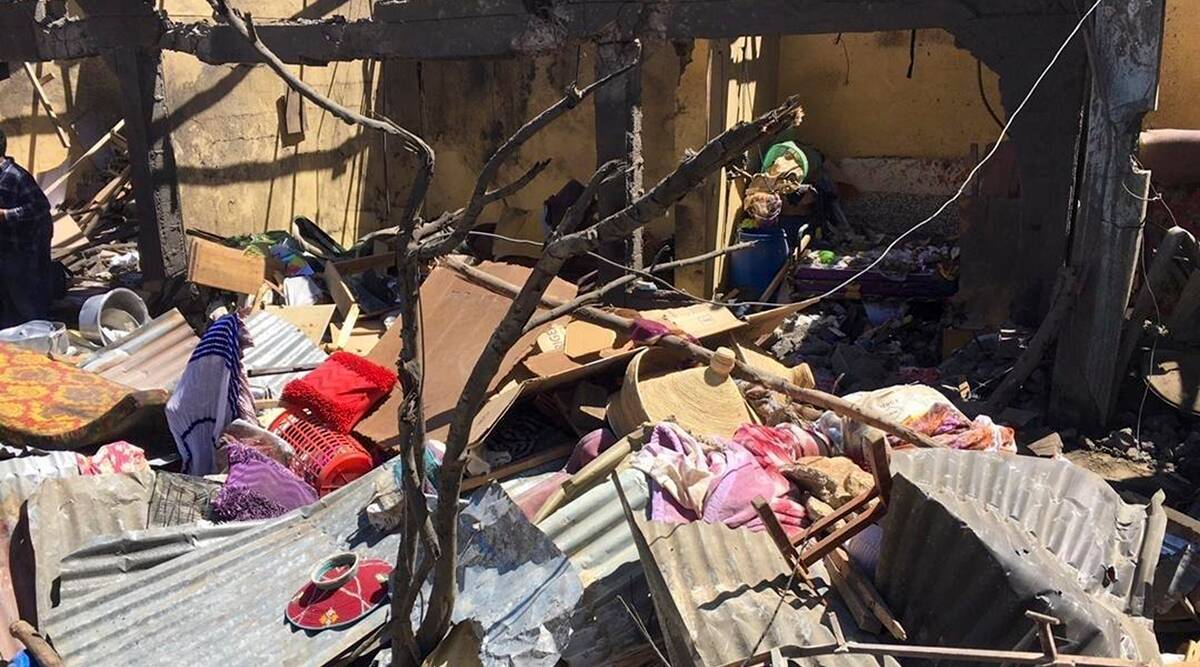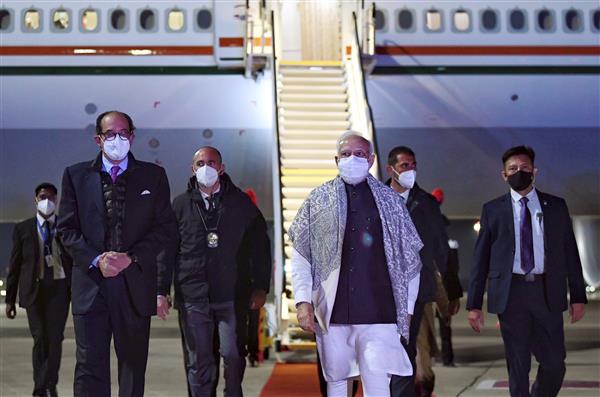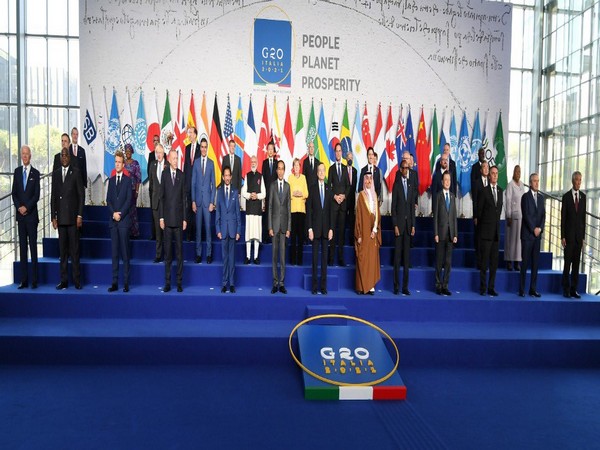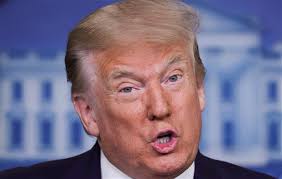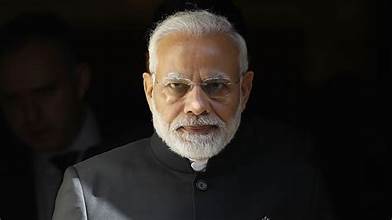
07/29/2025
Male, July 29: When President Mohamed Muizzu, riding the “India Out” campaign, rose to power in the Maldives in September 2023, he signalled a clear intent to politically distance Male from New Delhi. His January 2024 visit to China and his call for India to withdraw troops from the Maldives complicated ties with India. In this context, Indian Prime Minister Narendra Modi’s recent visit to the island nation to attend its Independence Day celebrations, during which several economic agreements were signed and projects inaugurated, marks a significant turnaround in bilateral relations after a period of strain.
The Maldives is a key pillar of India’s “Neighbourhood First” policy. Beyond deep-rooted cultural ties and a history of friendly relations — India was among the first to establish diplomatic ties following that country’s independence in 1965 — it sits atop critical sea lanes in the Indian Ocean, through which a major share of global trade and India’s energy imports pass. It is an integral part of India’s maritime security architecture. India provides economic support and assistance to the Maldives in infrastructure and healthcare. Tourism, which accounts for nearly a third of the Maldivian economy, saw Indians as the largest group of visitors for several consecutive years up to 2023. This trend was disrupted in 2024, after derogatory remarks by three Maldivian junior ministers (suspended subsequently) triggered a diplomatic row and led to a sharp decline in Indian tourist arrivals. In a bid to reverse this, President Muizzu, speaking to reporters over the weekend, acknowledged that “India is one of the major countries that helps the Maldives with tourism. With PM Modi’s visit, it is going to increase a lot.”
Apart from meeting senior government officials, PM Modi also held separate interactions with the main Opposition party and leaders from across the political spectrum in the Maldives. These engagements reflect New Delhi's effort to insulate bilateral relations from the ebb and flow of politics between and within both countries. On the China question, it would be unrealistic to expect Malé to avoid doing business with Beijing. As the world’s second-largest economy, China presents significant opportunities for the Maldives, and the latter is entitled to make its own choices. Talks on loan restructuring with China, however, initiated during President Muizzu’s state visit in January 2024, have seen little progress so far. As a key neighbour and regional power, India can counterbalance Beijing’s influence by making better offers — especially given that Maldives’s external debt burden has worsened as a result of China’s lending practices. New Delhi, therefore, should keep using its leverage to further its interests and maintain close relations, while keeping a watchful eye on Malé’s political environment.-Agencies
